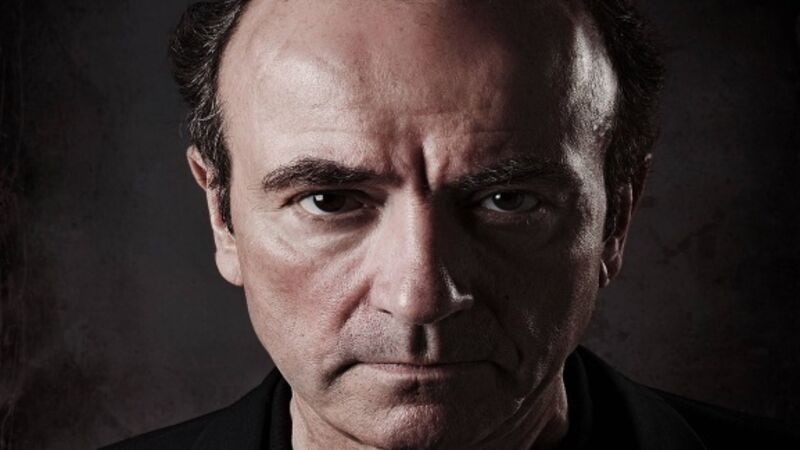Hugh Cornwell says music needs something to lash out against

AS FRONTMAN of The Stranglers, Hugh Cornwell was responsible for some of the defining anthems of Britain’s punk revolution.
‘Golden Brown’, ‘Peaches’, ‘No More Heroes’, ‘Always The Sun’ weren’t just pop nuggets — they were angry blasts of defiance from the perspective of a perennial outsider.











